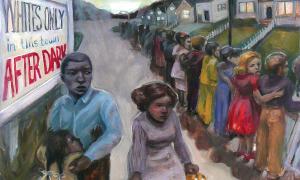student task
Do Something
Puppet Show
Students design, create and perform a puppet show to teach others about a diversity, anti-bias or social justice theme from the central text.
July 13, 2014
